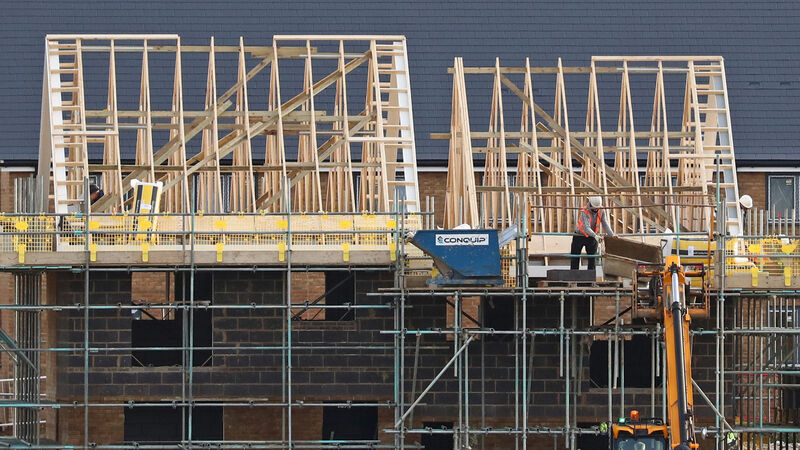No resolution for owners of defective Celtic Tiger apartments

It’s estimated that, conservatively, 100,000 apartments alone from the period 2000-2008 were constructed to inadequate fire prevention standards. Picture: Gareth Fuller/PA Wire
The issue of fire defects in Irish apartments built before and during the Celtic Tiger years will not be resolved “until there are fatalities”, fears one affected owner.
Ciara Holland, a married mother of two, has owned an apartment in south Dublin since 2006.










